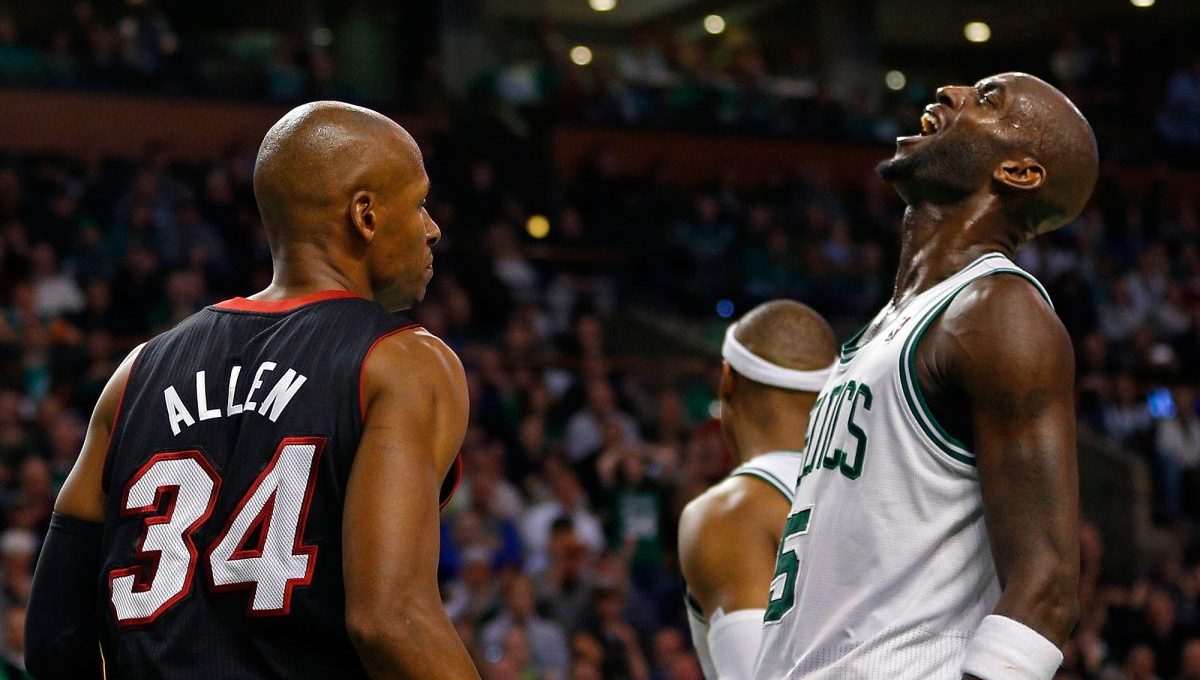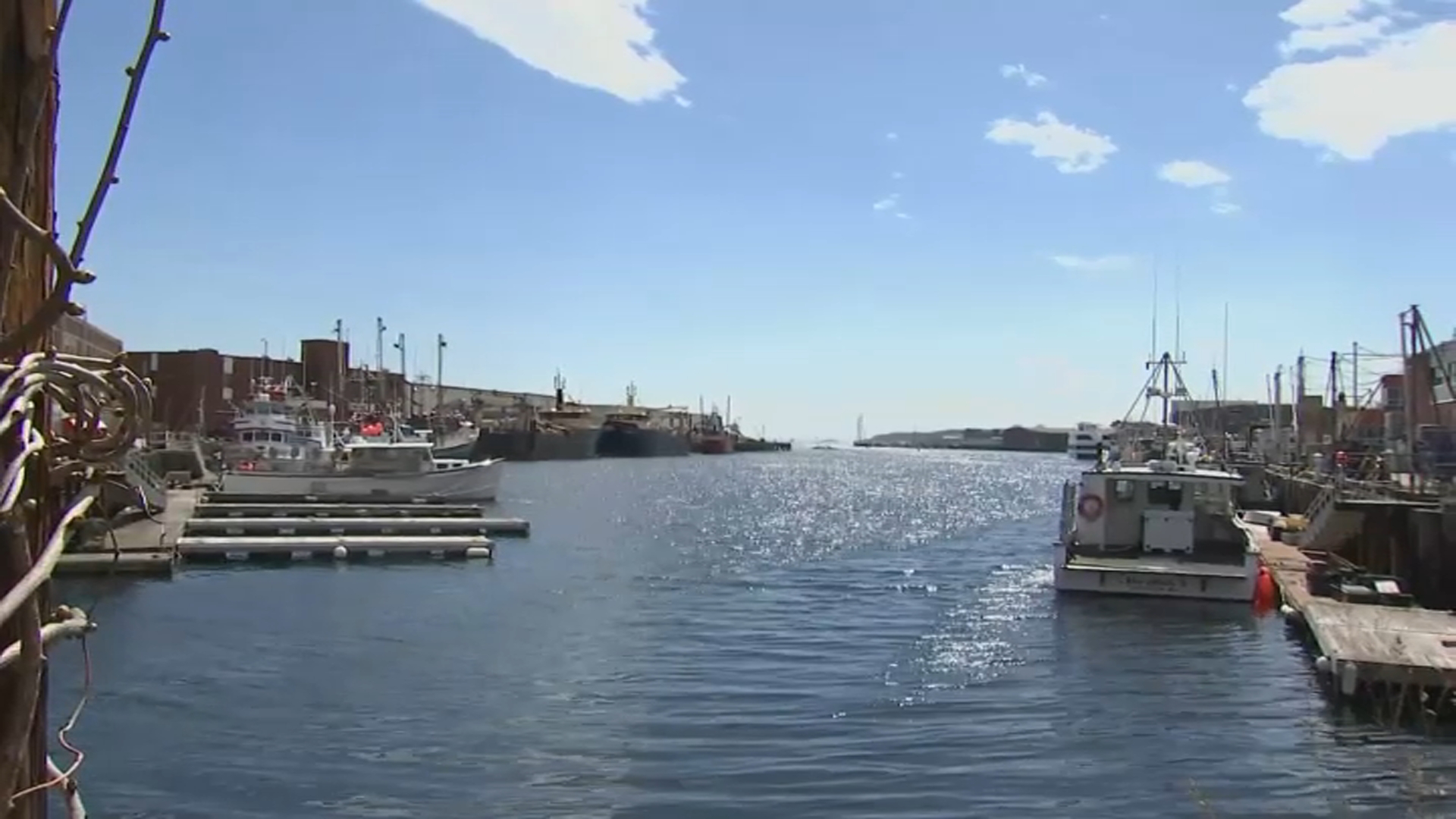If you’re nearby the waterfront in Salem, Massachusetts, starting this Spring, you may be greeted by the hoards of people oo-ing and aah-ing at their smartphones and tablets. Before you rush to blame those darn millennials, I’d highly suggest taking out your own iPhone and seeing what the fuss is about.
From May 27 to Nov. 30, the Salem Maritime National Historic Site will feature 10 augmented reality sculptures in a free exhibition that's open to the public. The exhibits are going to be positioned throughout the park via GPS, and will be viewable using the augmented reality app Layer. For visitors that don’t have a smart device with them, there will be phones and tablets for checkout.
The work will be curated by five internationally-acclaimed artists: John Craig Freeman, Kristin Lucas, Will Pappenheimer, Mark Skwarek, and Tamiko Thiel.
The public art display is powered by Boston Cyberarts in a collaboration with the National Park Service.
“Cyberarts has been programming the LED screen on the Boston Harbor Island Welcome Center on the Greenway since 2014,” said Boston Cyberarts Director George Fifield, in a press release. “Bringing AR sculpture to the landscape at NPS's Salem site this summer will be a dynamic new direction for public art in New England."
I caught up with one of the artists, John Craig Freeman, to hear about his plans for the upcoming exhibit. Freeman described his two-part exhibit as a push for society to see how “the forces of globalization are impacting the lives of individuals in local communities.”
Freeman will bring virtual sights from Saint Petersburg, Russia, and Wuhan, China, to the Port of Salem. Visitors will have the chance to look at the former house of a Russian Tea Merchant and the cathedrals of Saint Petersburg. He explained that the location for the exhibit works especially well, as the Baltic region and China have had a shared history of trade with Port of Salem.
Local
In-depth news coverage of the Greater Boston Area.
He hopes that his exhibit will create a conversation that reconciles the discord between globalization and isolationism.
“By opening these metaphorical portals up based on these principles of globalization, and trade, and history, you start looking at how the world is interrelated," Freeman said. "That's the discourse that I wanted to try and evoke with this project."
As for the rest of the artist exhibits, he says no deliberate efforts of collaboration have occurred yet, as this is the first time that this group will be presenting together.
“Typically the way that this works out is the kind of juxtaposition of artist approaches — will all be approaching the sites of Salem in one way or another, I expect,” he said. “In the past it’s been kind of interest seeing how projects resonate in both their similarities and their difference.”
The exhibit and push toward innovative art reminds me of a recent ted talk by Meron Gribetz, the founder and CEO of augmented reality company Meta. In his presentation on augmented reality headsets, he described the future of this industry aptly.
“Just imagine for a moment what this could mean for storytellers, for painters, for brain surgeons, for interior decorators and maybe for all of us here today,” he said. “And what I think we need to do as a community, is really try and make an effort to imagine how we can create this new reality in a way that extends the human experience, instead of gamifying our reality or cluttering it with digital information.”
More BostInno Stories:



